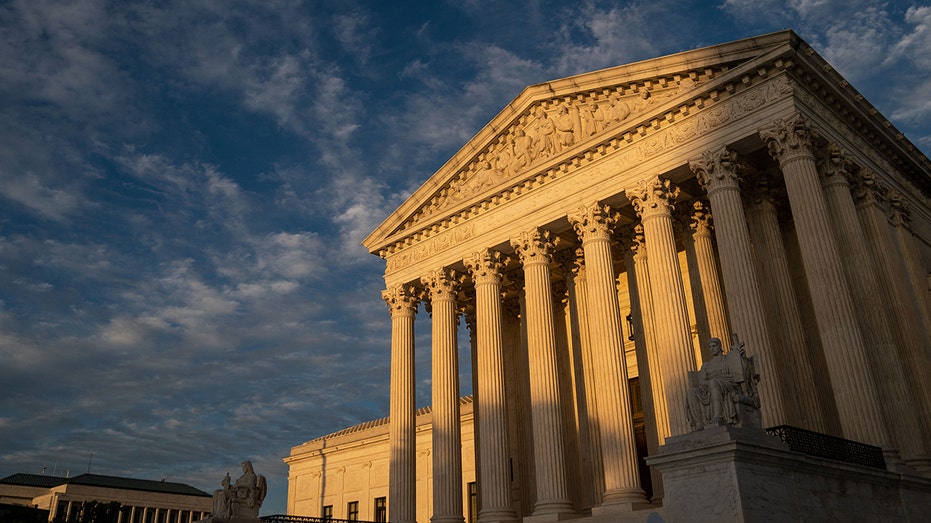The Supreme Court on Friday rejected a lawsuit challenging a law that makes it a crime to “encourage or induce” illegal immigration — dismissing a claim that the section was overbroad and unconstitutional.
The case, U.S. v Hansen, involved California-based Helaman Hansen, who promised hundreds of noncitizens entry and a path to citizenship via “adult adoption.” However, no such pathway exists in U.S. law, yet he earned nearly $2 million out of the scam from over 450 foreign nationals.
The opinion, written by Justice Amy Coney Barrett, noted how people used savings accumulated over decades to pay for the scheme.
Hansen was convicted for fraud and encouraging people to come to the U.S. illegally, but challenged the conviction on the basis that the law is overly broad. A district court ruled against him, but the Ninth Circuit Court of Appeals ruled in his favor, finding that the law on encouragement is overbroad and violates the free speech clause of the First Amendment.
SUPREME COURT HANDS BIDEN ADMIN MAJOR WIN ON CHALLENGE TO ICE ENFORCEMENT POLICY
Barrett dismissed the logic behind Hansen’s appeal, saying that a challenger must demonstrate that a statute prohibits a substantial amount of protected speech outside its legitimate coverage — and that the unconstitutional application must be disproportionate to its legitimate sweep.
Hansen did not meet these criteria, the 7-2 opinion found.
NEARLY 17 MILLION ILLEGAL IMMIGRANTS LIVING IN US, 16% INCREASE SINCE 2021: ANALYSIS
“Hansen asks us to throw out too much of the good based on a speculative shot at the bad,” she said.
Justices Sonia Sotomayor and Ketanji Brown Jackson dissented, with Jackson pointing to supporting documents, “including briefs from lawyers, immigration advocacy organizations, religious and other charitable organizations, journalists, local governments, and nonprofit policy institutions from across the ideological spectrum” who argue that the law’s breadth “might well prove to be a significant obstacle for those on the ground who operate daily in the shadow of the law.”
The case was the second immigration ruling handed down by the court on Friday. It also ruled 8-1 to throw out a Republican-state challenge to the Biden administration’s narrowed Immigration and Customs Enforcement (ICE) priorities.
The states had argued that the narrowing led to fewer arrests and deportations, leading to greater costs for states who are dealing with additional illegal immigrants. But the majority found that the states did not have standing to challenge the priorities.
“In sum, the States have brought an extraordinarily unusual lawsuit. They want a federal court to order the Executive Branch to alter its arrest policies so as to make more arrests. Federal courts have not traditionally entertained that kind of lawsuit; indeed, the States cite no precedent for a lawsuit like this,” the opinion, written by Justice Brett Kavanaugh, said.
The Associated Press contributed to this report.
























